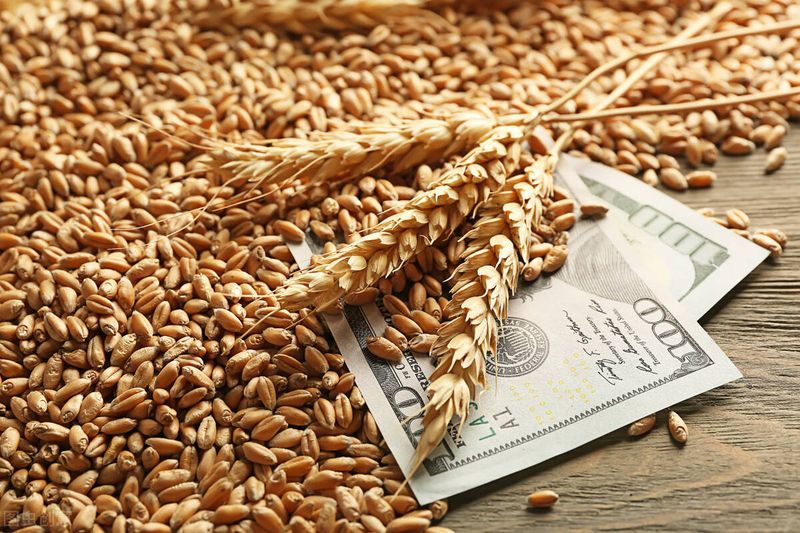Morocco introduces subsidies to import 1M tons of soft wheat

The government of Morocco, through the National Grain Agency (ONICL), is taking measures to incentivize grain imports with subsidies as rain deficit continues to weigh down on the country’s agriculture yield.
In a press release, ONCIL unveiled that the government is set to provide a subsidy of MAD 2.5 (US$0.25) per quintal, every two weeks for a storage capacity of up to 1 million tons of imported soft wheat.
The subsidy is applicable to wheat imported between February 1 and April 30, with eligible companies required to maintain the stored wheat for a minimum of three months.
The National Grain Agency (ONICL) is a state agency tasked with ensuring adequate market supply of grains in Morocco.
Agriculture is a vital sector of Morocco’s economy. Despite the country’s effort to diversify its economy, agriculture still accounts for more than 10% of the country’s Gross Domestic Production (GDP).
While 2023 saw a significant increase in the volume of rainfall in Morocco compared to the year before, the country’s agriculture yield remains suboptimal.
According to the European Commission, Morocco is a major cereal importer, ranked as the largest importer of wheat from the EU for the 2022/2023 agricultural campaign.
This followed that, in 2022, the country suffered its worst drought in decades leading to a decline in cereal production by over 60% marking the largest decrease in the North African region.
The country is continuing to grapple with persistent dry conditions that have adversely affected cereal production, prompting the government to implement measures to facilitate import.
In June last year, ONICL released a circular allowing the country to import soft wheat under subsidies.
The circular provided that the subsidy program will support importers monthly covering the difference between the cost of wheat and the reference import price of MAD 270 (US$27) per quintal.
According to the circular, between July 1 and September 30, 2023, subsidies will be granted to facilitate the import of considerate quantities of milling wheat, which can reach up to 2.5 million metric tons.
However, Later, Morocco announced changes in import subsidy policy in a bid to incentivize wheat importers to turn to cost-efficient grain suppliers.
In a statement, the watchdog explained that starting August 1, the baseline for issuing subsidies would be based on the average cost prices of the lowest origin among Germany, Argentina, France, and the USA.
Read also
Abbey Commodities – General Partner of BLACK SEA GRAIN.KYIV-2026
Black Sea & Danube Barley Market at a Turning Point: Demand Pressure and Regi...
US Supreme Court rules Trump’s emergency duties illegal
Mercosur: Protective measures for European agriculture
US makes concessions on pulses in new trade deal with India
Write to us
Our manager will contact you soon



